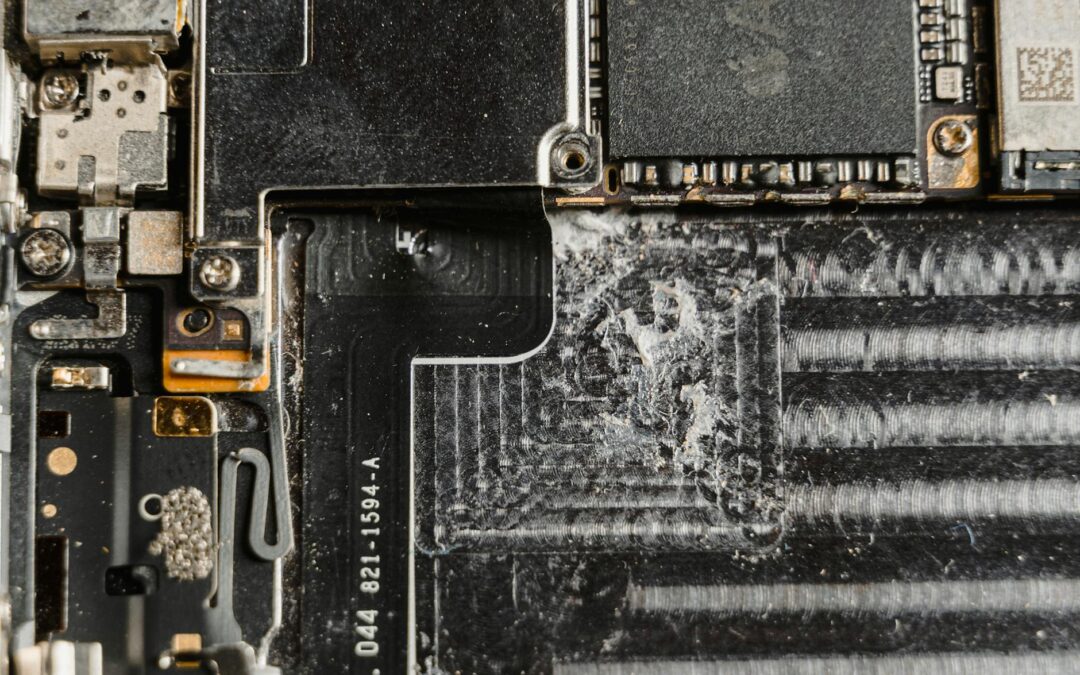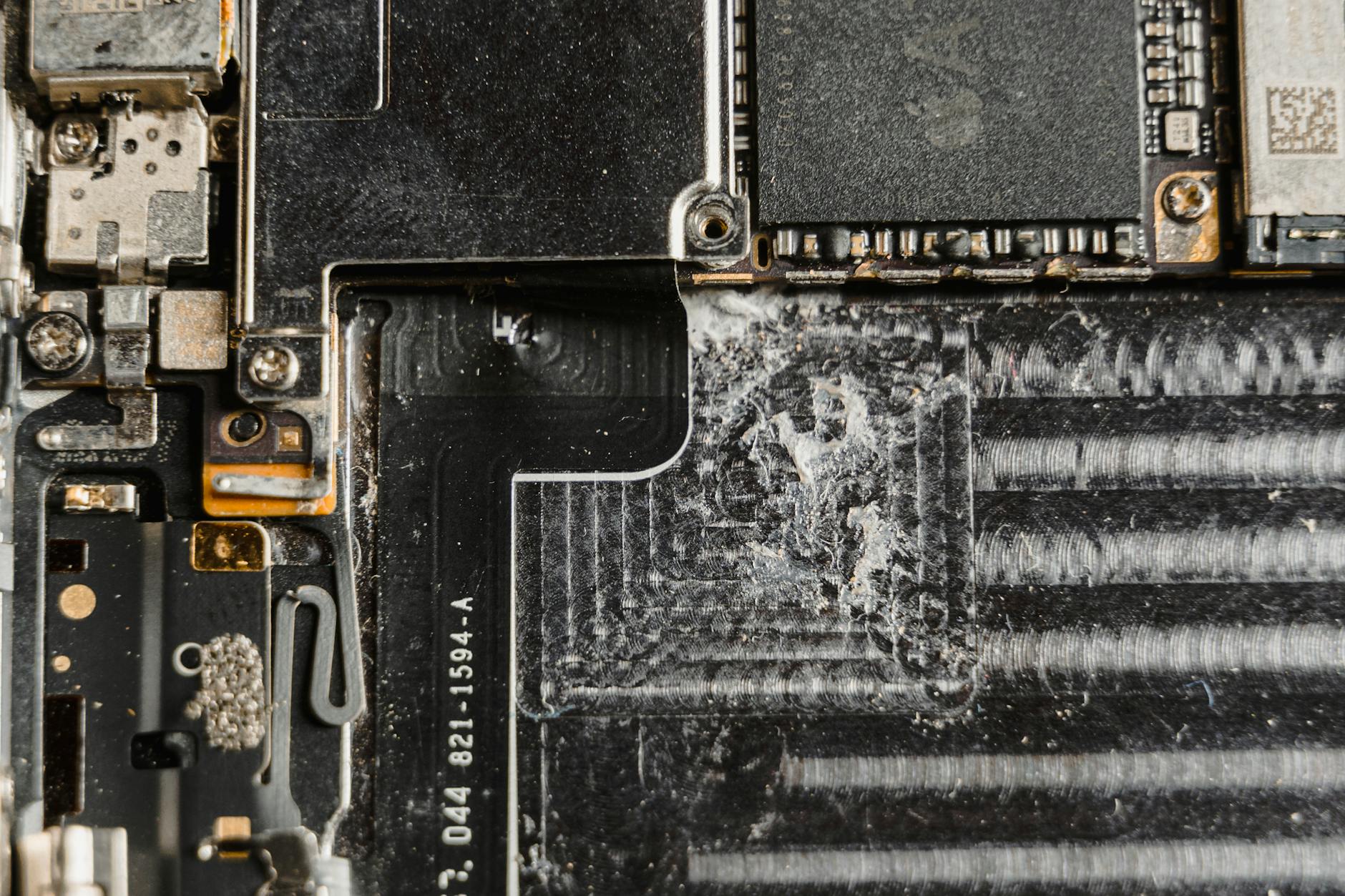Witness the incredible evolution of AI from Turing’s breakthroughs to Tesla’s cutting-edge technology. Follow the journey that changed the world.
Table of Contents
Artificial Intelligence, or AI, has become a ubiquitous term in today’s tech-savvy world. From powering virtual assistants like Siri and Alexa to enabling self-driving cars, AI is revolutionizing the way we live and work. But how did we get here? Let’s take a trip down memory lane and explore the historical context of AI.
Introduction to AI
At its core, AI refers to the simulation of human intelligence in machines that are programmed to mimic cognitive functions such as learning, problem-solving, and decision-making. The concept of AI dates back to ancient times, with myths and folklore depicting artificial beings with human-like capabilities.
However, it was not until the 20th century that AI truly began to take shape as a scientific discipline. The term “artificial intelligence” was coined by John McCarthy in 1956, marking the birth of modern AI research.
Historical Context of AI
The history of AI is filled with groundbreaking discoveries and technological advancements that have shaped the field. One of the earliest pioneers of AI was Alan Turing, whose work on the Turing machine laid the foundation for the concept of computational intelligence.
In the 1950s, the development of the first AI programs, such as the Logic Theorist and the General Problem Solver, marked significant milestones in the field of AI. The 1980s saw the emergence of expert systems, which led to the rise of AI applications in various industries.
Current Applications of AI
Today, AI is being used in a wide range of applications, from virtual assistants and recommendation systems to autonomous vehicles and medical diagnosis. In healthcare, AI is revolutionizing patient care through predictive analytics and personalized treatment plans.
Financial institutions are leveraging AI algorithms for fraud detection and risk management, while transportation companies are exploring the possibilities of self-driving vehicles. The potential of AI to transform industries and improve efficiency is virtually limitless.
Benefits of AI
The benefits of AI are manifold, with the technology offering increased efficiency, productivity, and accuracy in various tasks. AI systems can process and analyze vast amounts of data in a fraction of the time it would take a human, leading to faster decision-making and streamlined processes.
Moreover, AI can tackle complex problems that would be difficult for humans to solve on their own. From climate modeling to drug discovery, AI is driving innovation and pushing the boundaries of what is possible.
Challenges and Ethical Concerns of AI
However, the rapid advancement of AI also raises concerns about its potential risks and ethical implications. Job displacement due to automation, algorithm bias, and data privacy issues are just a few of the challenges that need to be addressed.
| Historical Milestone | Description | Key Figures |
|---|---|---|
| Turing Test | An early concept for testing a machine’s ability to exhibit intelligent behavior. | Alan Turing |
| Neural Networks | Models inspired by the brain’s neural structure for machine learning. | Warren McCulloch, Walter Pitts |
| Expert Systems | Rules-based systems designed to mimic human decision-making processes. | Edward Feigenbaum, Edward Shortliffe |
| Machine Learning | Algorithms that allow machines to learn from data and make predictions. | Tom Mitchell, Geoffrey Hinton |
| Deep Learning | Advanced neural networks with multiple layers for more complex processing. | Yann LeCun, Yoshua Bengio |
| Autonomous Vehicles | Vehicles capable of navigating without human input, a key application of AI. | Sebastian Thrun, Anthony Levandowski |
Ethical considerations surrounding the use of AI, such as accountability, transparency, and fairness, are crucial to ensure that AI systems are developed and deployed responsibly. As AI continues to evolve, it is essential to have guidelines and regulations in place to mitigate these risks.
Future Directions of AI
The future of AI promises to be both exciting and transformative, with new innovations and advancements on the horizon. As AI technologies become more sophisticated, we can expect to see increased automation in various sectors, from manufacturing and agriculture to customer service and entertainment.
AI’s impact on society will continue to grow, influencing everything from education to transportation. The possibilities are endless, and the next few decades are sure to see AI playing an even greater role in shaping the future.
Can Skynet Happen?
Speculation about a rogue AI system like Skynet, as depicted in the Terminator movies, has fueled debates about the potential dangers of advanced artificial intelligence. While the scenario of a sentient AI system taking over the world is a work of science fiction, the risks associated with AI development are real.
Ensuring that AI systems are designed with safety measures in place and adhering to ethical guidelines is essential to prevent any unintended consequences. By promoting responsible AI research and development, we can harness the benefits of AI while mitigating the risks.
As we continue to explore the world of artificial intelligence, it is crucial to stay informed and engaged with the ongoing discussions surrounding AI’s evolution. Whether it’s unlocking new possibilities in healthcare, revolutionizing industries, or shaping the future of technology, AI has the potential to change the world as we know it.
What are some notable historical milestones in AI development?
Some key milestones include the Turing Test, the development of neural networks, expert systems, machine learning, deep learning, and the rise of autonomous vehicles.
What are the current applications of AI in various industries?
AI is used in healthcare for patient care, financial institutions for fraud detection, transportation for self-driving vehicles, and many more industries for efficiency and innovation.
What are the benefits of AI technology?
AI offers increased efficiency, productivity, and accuracy in tasks, as well as the ability to solve complex problems and drive innovation across different fields.
Can rogue AI scenarios like Skynet from the Terminator movies happen in reality?
While fictional, the risks associated with AI development are real. Responsible AI research and implementation, along with adherence to ethical guidelines, are essential to prevent any unintended consequences and ensure safe AI advancements.


Recent Comments